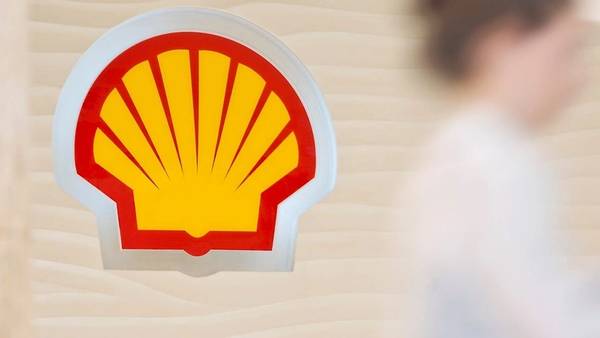
A Dutch court will decide on Tuesday whether to uphold a landmark climate ruling against Shell, which in 2021 ordered the oil and gas company to sharply reduce greenhouse gas emissions.
The ruling by The Hague district court ordered Shell to cut its absolute carbon emissions by 45% by 2030 compared to 2019 levels, including those caused by the use of its products.
The appeals court in The Hague can either uphold or dismiss the entire ruling, or it can modify it, for instance by excluding emissions caused by Shell's customers.
The ruling comes as the COP29 climate summit takes place in Baku, Azerbaijan.
Regardless of the outcome, Tuesday's verdict is not expected to be the end of the case, as both sides can launch a further appeal at the Netherlands' Supreme Court.
Shell has said the ruling would force it to shrink its business without any benefit to the fight against climate change, as customers would simply shift to other suppliers.
In appeal hearings earlier this year, Shell argued that demands for companies to reduce emissions could not be made by courts, but only by states.
Friends of the Earth Netherlands, which brought the case along with other climate groups on behalf of Dutch citizens in 2019, said it felt supported by a recent European Court of Human Rights ruling, which had confirmed that climate change is a human rights issue.
In the original ruling, judges said that Shell's climate policy was "not concrete and full of conditions", and that the company risked violating its obligation to reduce emissions.
The court therefore ordered Shell to reduce its absolute levels of carbon emissions, while Shell's own intensity-based targets could still allow the company to grow its output in theory.
When the case was brought Shell, which is a British company, had a headquarters in The Hague.
Shell says it is now well on track to meet the court order for its own production, where emissions were 30% below 2016 levels last year. The company has in recent years scaled back operations in renewables, but it plans to invest $10-15 billion between 2023 and 2025 in low-carbon energy.
Earlier this year it weakened targets for the products it sells, to a 15-20% reduction in net carbon intensity by 2030 relative to 2016, while it retired a previous target to reduce its carbon intensity by 45% by 2035.
The appeals court in The Hague will start reading its ruling on Tuesday at 0700 GMT.
(Reuters - Reporting by Bart Meijer and Ron Bousso; Editing by Susan Fenton)